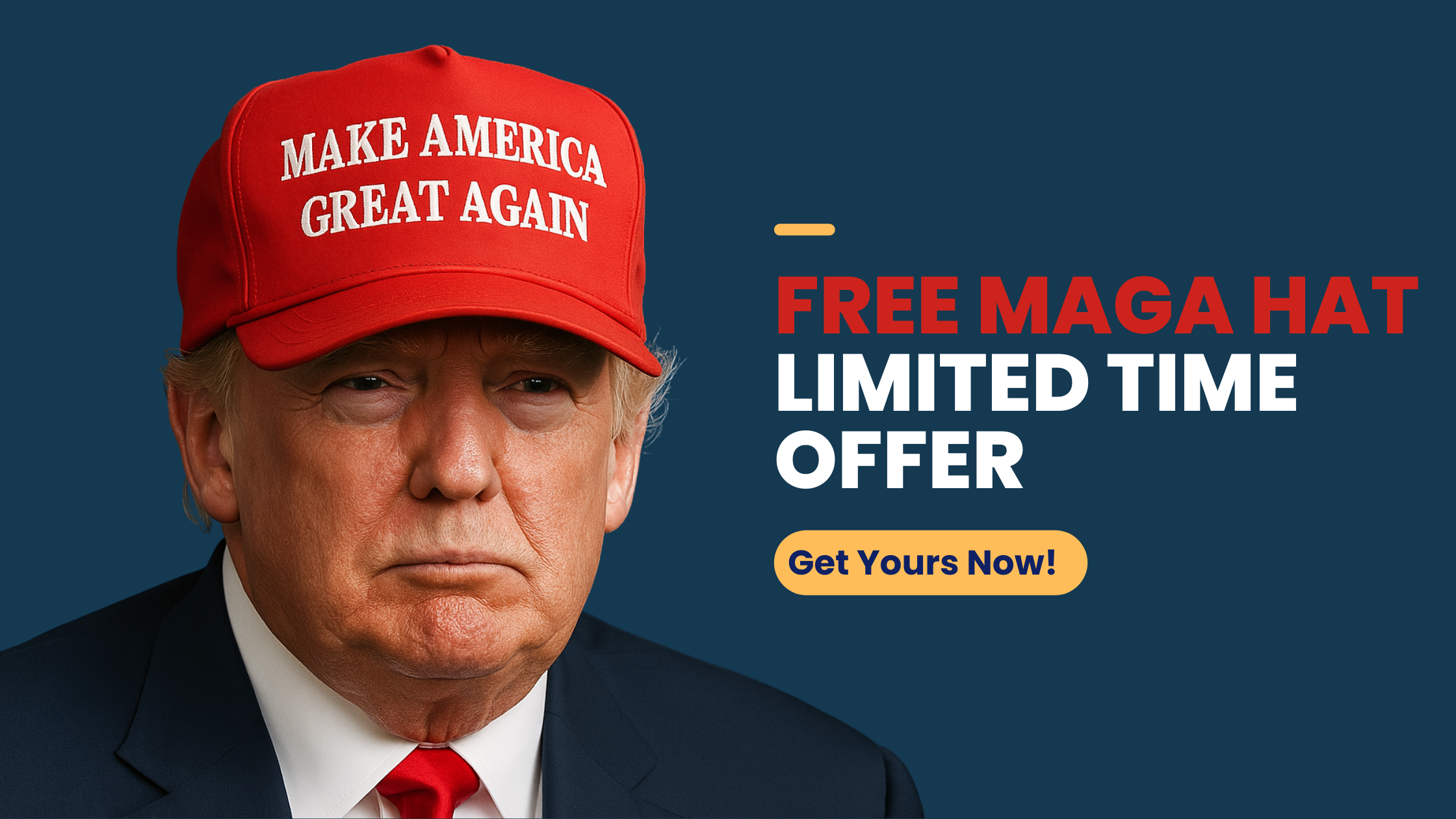Watch: Karoline Leavitt Shames Media Members Who 'Clearly Missed the Art of the Deal' After Trump's Tariff Reversal
White House Press Secretary Karoline Leavitt criticized the media for what she described as exaggerated negativity in reporting on President Donald Trump’s tariff plan.
“Many of you in the media clearly missed the ‘The Art of the Deal.’ You clearly failed to see what President Trump is doing here,” Leavitt stated after revealing that Trump has initiated a 90-day pause on reciprocal tariffs for nations that have approached the U.S. for talks.
This move is intended to open a window for the Trump administration to work out trade agreements with those nations.

While this negotiation period is underway, the president will maintain a 10 percent standard tariff on incoming goods. However, in response to Beijing’s decision to impose an 84 percent tariff on American imports, Trump has escalated tariffs on Chinese products to 125 percent.
“You tried to say the rest of the world would be moved closer to China, when in fact, we’ve seen the opposite effect,” Leavitt remarked to members of the press.
She argued that these countries are initiating negotiations because they value access to the American market, the world’s largest economy.
“That’s exactly why more than 75 countries have called — because the United States of America is the best place in the world to do business,” she continued. “And as the president has shown great courage, as the [Treasury] secretary has said, in choosing to retaliate against China even higher.”
Treasury Secretary Scott Bessent reinforced the administration’s stance during remarks at the White House.
.@PressSec: "Many of you in the media clearly missed The Art of the Deal" 🔥 pic.twitter.com/WfnKghNVOb
— Rapid Response 47 (@RapidResponse47) April 9, 2025
“We saw the successful negotiating strategy that President Trump implemented a week ago today. It has brought more than 75 countries forward to negotiate,” he said.
He emphasized Trump’s resolve: “It took great courage — great courage — for him to stay the course until this moment,” adding, “As I told everyone a week ago in this very spot, ‘Do not retaliate, and you will be rewarded.’”
Scott Bessent is SHINING right now.
— Gunther Eagleman™ (@GuntherEagleman) April 9, 2025
This is his territory and he OWNS it!
LFG!!! pic.twitter.com/TEtfOwkBMG
Bessent also repeated what Trump posted earlier Wednesday on Truth Social — the 10 percent baseline tariff will apply to countries seeking trade agreements, while the 125 percent rate targets Chinese imports specifically.
The impact of Trump’s reciprocal tariff plan was already noticeable shortly after it was unveiled. Countries began signaling their willingness to reduce tariffs on American products — some even proposing zero tariffs — if the U.S. would reciprocate.
Vietnam, Israel, and Argentina were among those responding within a day.
Carlos Gutierrez, who served as Commerce Secretary under President George W. Bush, told CNBC that Trump’s announcement marked “the beginning of a big negotiation.”
“It’s the opening step. I would expect, and I would assume that this will not be in place in a month, two months. Definitely not in the back half of the year. So I’m in the camp that this is … the beginning of a big negotiation.”
JUST IN: Former Commerce Secretary predicts Trump's tariffs won't be in place by the back half of 2025 because other countries will rush to the negotiating table.
— Collin Rugg (@CollinRugg) April 2, 2025
Former George W. Bush Commerce Secretary Carlos Gutierrez just made the prediction on CNBC.
Gutierrez went as far… pic.twitter.com/8yyGiuwx0j
Gutierrez’s forecast appears to be accurate. Trump is expected to keep the general 10 percent tariff in place for revenue purposes, while the elevated rates on certain countries would be lifted as they reduce their trade barriers against the U.S.
The president highlighted the fiscal benefits of tariffs earlier in the week, noting they are generating around $2 billion daily for the U.S. Treasury.
President Donald Trump has claimed that his administration's tariffs are generating substantial revenue for the U.S. economy, estimating that they bring in approximately $2 billion a day.
— KSNV News 3 Las Vegas (@News3LV) April 9, 2025
MORE: https://t.co/Eo1dYgjD6V pic.twitter.com/1DAQ5yrWbj
Wrapping up her remarks on Wednesday, Leavitt said, “We finally have a president here at the White House who is playing the long game, who is doing what is right for the American worker and our industries here at home.”
.@PressSec Karoline Leavitt ends questions with reporters with a major mic drop ⬇️
— Trump War Room (@TrumpWarRoom) April 9, 2025
"We finally have a president here at the White House who is playing the long game, who is doing what is right for the American worker." pic.twitter.com/WdVBFcNCj9
In short: the strategy promises reduced tariffs on U.S. exports, shields domestic manufacturers from unfair competition, and boosts federal revenue.
And that, as Leavitt put it, is “The Art of the Deal” in action.